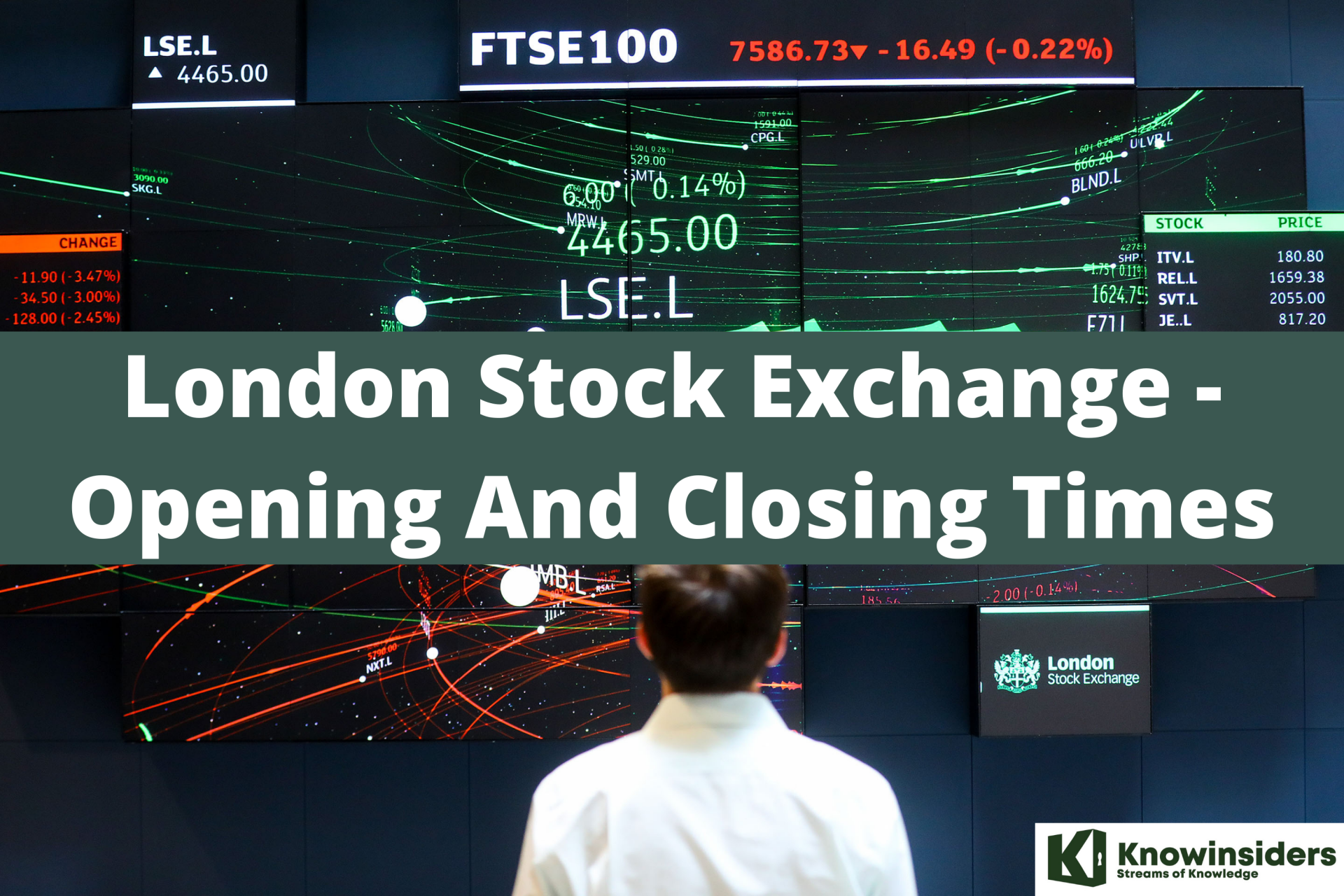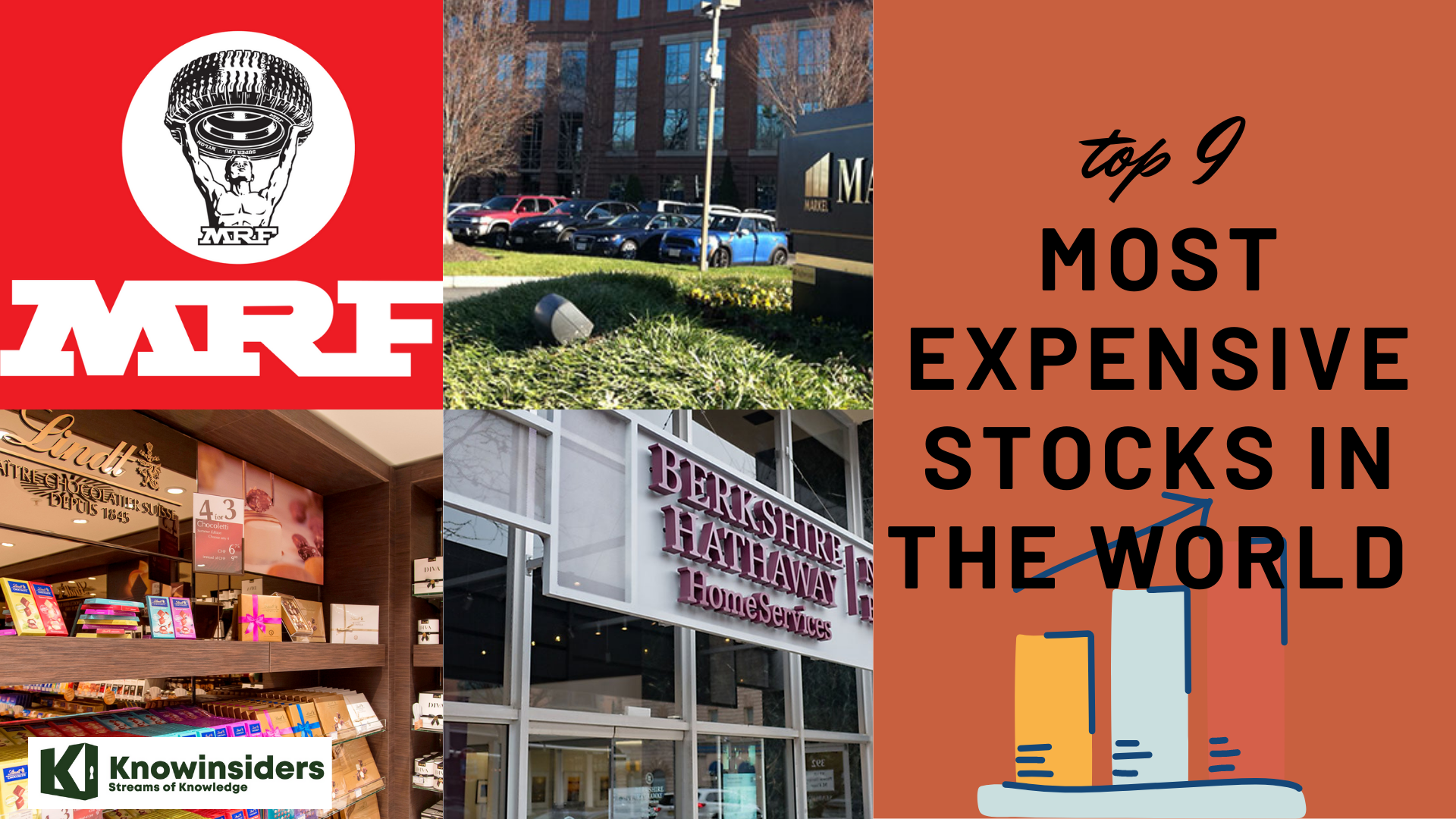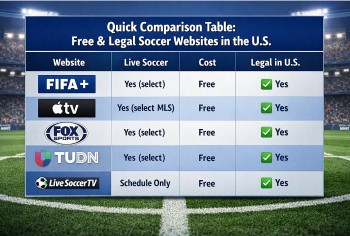Can Foreigners Buy Or Invest In UK Stock Market?
 |
| Can Foreigners Buy Or Invest In Stocks In The UK? |
There are no restrictions on foreign investment in the UK and non-UK resident individuals investing in the UK are generally only subject to UK tax on limited UK source income and gains. There are a few things to watch out for, in particular taxes, currency movements, and additional dealing costs.
If you are considering investing in the UK, below is all we think you should know!
What is a stock market?
A stock market or stock exchange is a financial market in which company stocks are bought and sold. A stock market is usually more organized and regulated in comparison with other markets, such as forex. Additionally, the prices of stocks and shares in exchanges are determined by the organic forces of supply and demand and are not determined by a broker or market maker.
Stock markets exist in major cities around the world; see here for stock market trading hours. Some common exchanges include:
- NYSE (New York Stock exchange)
- NASDAQ (National Association of Securities Dealers Automated Quotations System)
- LSE (London Stock Exchange)
- JPX (Japanese Exchange Group)
How does the stock market work?
A stock market brings together buyers and sellers on one platform and enables them to negotiate prices and transfer ownership of stocks and shares. If a company is public, its stocks are freely traded on the stock market and the price is determined by supply and demand from investors. Stock traders aim to buy stocks at a low price with the hope that the share price will rise in the future so they can cash out on the price increases. However, it can be just as common for investors to lose money if the stock price falls.
Companies initially list shares of their company via a process referred to as an IPO (initial public offering). Here, a company’s shares are offered as they transition from a private to a public company. When investors buy IPO stock, the company can then raise capital and allocate this money towards growth opportunities in the market. Alternatively, companies can use a SPAC to avoid the IPO process and opt for a cheaper and quicker option.
An overview of the London Stock Exchange
London Stock Exchange is one of the world’s oldest stock exchanges and can trace its history back to the coffee houses of 17th century London. For many decades, London Stock Exchange provided a trading floor where members could buy and sell shares. Today, share trading is almost entirely done electronically and London Stock Exchange offers this service with state-of-the-art systems that can process over a million trades per day.
London Stock Exchange enables companies and governments from around the world to issue securities such as shares or bonds to raise capital. Those securities can then be accessed and traded by thousands of investors, ranging from large financial institutions to private individuals. It is also responsible for supplying high-quality prices, news, and other information to the financial community, for the UK community, and across the world.
Can Foreigners Invest in the UK Stock Market?
 |
| Photo: fool |
There are no restrictions on foreign investment in the UK and non-UK resident individuals investing in the UK are generally only subject to UK tax on limited UK source income and gains. … If you are considering investing in the UK our key message is simple: obtain advice early.
How do I buy shares in the UK?
If you want to buy and sell shares, you’ll need to open an investment account or stocks and shares ISA with an online investment platform such as Smart Investor, or a more traditional stockbroker.
 What Time Does the UK Stock Market Open & Close? What Time Does the UK Stock Market Open & Close? When does the UK stock market (London Stock Exchange) open or close? Check out the opening & closing hours, break, holidays and more. |
Things to know before you buy shares in the UK
Share dealing need-to-knows
Ownership of a share was traditionally signified by a paper share certificate. It would tell you how many shares you owned and you would need to present it to your broker when you decided to sell. Additional share certificates would be issued if you bought more shares.
It was all a bit clunky, to say the least.
These days, how you buy UK shares tends to be a little different and a whole lot easier. They’re most likely held electronically through investment platforms, such as Hargreaves Lansdown or Interactive Investor, in what are called nominee accounts. This means your shares are pooled together with everyone else who uses the same broker and who owns that particular share.
It’s much quicker and a whole lot cheaper.
Buying and selling shares online via a nominee account does have some disadvantages, as your name won’t appear on the shareholder register and you’re relying on your broker to send your notifications about voting, copies of annual accounts, and so on.
For most investors, though, we’d say that the advantages far outweigh the disadvantages.
Some brokers still allow you to trade using paper certificates or via a personal CREST account (essentially share certificates in electronic form) but you’ll probably be charged more for such a service.
What’s the bid-offer spread?
One important concept you need to be aware of when learning how to buy and sell shares is what is known as a bid-offer spread.
The bid price is the price at which you can sell. The offer price, which is slightly higher, is the price at which you can buy.
The difference between the two prices allows for firms called market makers to make a small profit for doing the legwork behind each transaction. They provide the shares when you want to buy. They also take shares off when you want to sell. Your broker or investment platform acts as the middleman between you and a market maker.
For large companies – i.e. those valued at a few billion pounds or more – bid-offer spreads tend to be very small, typically a small fraction of one percent.
However, for smaller companies valued, say, at £100m or less, bid-offer spreads can get very large, perhaps even 10% or more. In order to make a profit overall, the share price will need to rise by at least the amount of the bid-offer spread plus any trading charges you incur.
What’s the cheapest way to buy shares in the UK stock market?
 |
| Photo: mirror |
When it comes to buying stocks, there are plenty of brokers to choose from these days.
They tend to have different fee structures so which one is cheapest for you will depend on a number of factors such as the size of your portfolio, what sort of accounts you want, how often you trade, and what additional services you might need.
Many brokers charge a flat fee for buying and selling UK shares, typically between £8 and £12. Some will offer discounts if you trade more than a certain number of times a month and others provide free trades on basic trading accounts, but you have to pay extra for tax-sheltered accounts such as ISAs.
Some brokers will charge extra for dealing in overseas-listed shares and for converting money to and from sterling.
Most brokers will levy a regular administration charge. This will either be a fixed amount per month, or it will be based on a certain percentage of your portfolio. Occasionally, a broker may throw in some free trades as part of its basic administration fee. It may also have some educational features that can teach you more about how to buy shares.
Fixed fees normally work out cheapest for those with larger portfolios while percentage-based fees are often best for those just starting.
Accounts like Self-Invested Personal Pensions (SIPPs) often come with additional fees, especially when you want to withdraw your money to live off once you retire.
Then there is a raft of fees for things like providing paper statements and sometimes exit fees if you decide you want to move your portfolio to another broker.
When you buy UK shares, you also need to pay a tax called stamp duty when you buy them. This is charged at 0.5% of the value of your purchase and your broker will add this automatically when you place a buy order. Stamp duty doesn’t get charged on share sales.
It can seem like a bit of a minefield at first but don’t panic. If you make a few basic assumptions about how much you have in your portfolio now (and that you might have in a few years) and how often you might want to buy stock, then coming up with a shortlist shouldn’t be too tricky.
You can find a list of our top-rated share-dealing accounts to help you get started.
How to buy shares onlineNow we are getting to the nitty-gritty of how to buy shares in a company. Believe it or not, the whole process can take less than a minute once you have decided which company you want to buy and in what amount. 1. Log into your share dealing account Use the search function to find the right company. You can usually use either the company name or, if you know it, its ticker code (like TSCO for Tesco). Click the buy button so that you can enter your full order details. 2. Look at the current buy price You should then be shown the current share price in the market. There will be two prices – the lower price is for selling, the higher price is for buying. This is called the bid-offer spread. 3. Specify how many shares you want to buy Some brokers allow you to specify an amount in pounds and then they work out the number of shares for you automatically. 4. Decide if you want to deal “At Best” or use a limited order At Best means your broker will find the best price they can while a limit order allows you to specify a maximum price you would like to pay for your buy order. If your broker can’t get the price you want then your limit order will expire. 5. Preview your buy order This will tell you the total amount you are likely to pay including costs like commission and stamp duty. 6. Place your buy order This is when you are presented with an actual deal that you can accept. The price may differ slightly from the order preview as share prices are always moving. You only have 15 seconds to accept a live quote so make sure you are happy with the share price being offered. This countdown can be a little nerve-racking when you first start investing, but you’ll soon get used to it. 7. Congratulations, you’ve bought your shares! That’s it. You now know the basics of how to buy shares. The cash should be deducted from your brokerage account and you should be given an option to download your contract note – keep this for your tax records. |
Tips for non-UK resident individuals investing in the UK
 |
| Photo: fool |
1. Non-residents are only liable to UK tax on certain income and gains: Non-resident individuals are not subject to UK tax on UK source bank interest or dividends paid on UK shares. However, non-residents are subject to UK tax on rental income from UK real estate, at rates of up to 45%. Holding UK rental properties (residential or commercial) through a non-UK company can reduce the rate of UK tax on the rental income to 19%.
Non-resident individuals are not generally subject to UK capital gains tax (CGT) on gains realized on the disposal of assets, even UK assets. However, they are subject to CGT on gains realized on disposals of interests in UK property (residential or commercial) and UK property-rich entities. Again, holding UK property through a non-UK company can reduce the rate of UK tax on any gains realized on a sale of the property from (in the case of the residential property) 28% to 19%.
The overall tax position in relation to any UK investment will, of course, be impacted by any taxes imposed in the investor’s home jurisdiction, and the terms of any applicable double tax treaty.
2. Hold UK investments through a non-UK company: If you are non-UK domiciled (and are not deemed domiciled in the UK) you will be liable to UK inheritance tax (IHT) on UK assets. Holding UK assets indirectly through a non-UK company will often (but not always) remove their value from the scope of IHT. This is because what you own is a non-UK asset (the shares in the non-UK company) and not the taxable UK asset. However, this strategy does not work for UK residential property. If you own UK residential property (whether it is used by family members/friends or let out to third parties) through a non-UK company the shares in the company will be subject to IHT to the extent that their value derives from the UK residential property.
3. Tax reporting deadlines can be very short: Non-UK residents who are liable to UK income tax or CGT must file a UK tax return. This is the case even if the UK tax is relieved under an applicable double tax treaty. Non-residents’ tax returns must, generally, be submitted by 31 January after the end of the UK tax year to which they relate, with any tax payable being due at the same time as the tax return. However, non-resident individuals who dispose of UK real estate must file a special non-resident CGT return and pay any tax due within 30 days of the disposal.
Note: UK tax years (unusually) run from 6 April in one year to 5 April in the following year.
4. Confidentiality: It is generally possible to hold UK assets (including shares in UK companies) through a nominee to protect your privacy.
However, if you own or control more than 25% of the shares of a UK company (whether through a nominee or not) the company will have to include your details on its register of ‘persons with significant control (PSC) over the company. Information on a company’s PSC register is available to the public.
Under current proposals, a publicly accessible register of the beneficial owners of UK real estate will also be available from 2021.
5. Make a UK Will and a Lasting Power of Attorney: You should consider making a UK Will to cover your UK assets as it will likely make dealing with the assets simpler in the event of your death. You should also consider making a Lasting Power of Attorney (LPA) – this is a special power of attorney which will enable your nominated attorney to deal with your UK assets in the event that you lose capacity. Even if you have a similar document in your home jurisdiction making an English law LPA may be advisable as a foreign power may not automatically be accepted by the people and organizations your attorney needs to deal with. The English LPA can be restricted to cover only decisions in relation to your UK assets.
Can I buy shares for someone else in the UK?
It is entirely possible to buy shares as a gift, although there are some things to consider: you won’t be able to buy them as a surprise unless the recipient is a minor; dealing in paper certificates takes longer and costs more than going online, and shares themselves are a risky investment.
 Top 10 Largest Stock Exchanges In The World Top 10 Largest Stock Exchanges In The World The stock exchange plays a crucial role in world trade and economic stability. Here are the top 10 largest stock exchanges in the world. |
Can I buy shares without a broker?
 |
| Photo: fool |
In order to buy stocks, you need the assistance of a stockbroker since you cannot usually just call up a company and ask to buy their stock on your own. For inexperienced investors, there are two basic categories of brokers to choose from: a full-service broker or an online/discount broker.
How much do I need to invest to get PR in the UK?
You must have access to at least £2,000,000 in investment funds to apply.
…
You can:
work or study.
apply to settle after 2 years if you invest £10 million.
apply to settle after 3 years if you invest £5 million.
apply to settle after 5 years if you invest £2 million.
The Risks of Foreign InvestingInternational investing, however, has its flip side. In terms of volatility, emerging markets, in general, are considered riskier. They can experience dramatic changes in market value, and in some cases, political risk can suddenly upend a nation's economy. Furthermore, it should be noted that foreign markets can be less regulated than those in the U.S., increasing the risk of manipulation or fraud.1 Today's investors have extraordinary access to 24-hour global news, yet there is also a risk of inadequate information from a market that is often thousands of miles away. This can limit the investor's ability to interpret or understand events. Finally, there is currency risk stemming from changes in the exchange rate against the investor's home currency. Of course, currencies move both ways and can also be in the stock investor's favor. If you're up for the opportunity and risk of international investing, there are six ways to gain exposure to growth outside the U.S. |
 Top 10 U.S Most Promising Stocks Could Take Off in September Top 10 U.S Most Promising Stocks Could Take Off in September Since the Covid-19 bear market, stocks have rebounded incredibly. Many are screening companies with renewed optimism to find the best stocks to buy for September. |
 Top 9 Most Expensive Stocks In The World Top 9 Most Expensive Stocks In The World Stock price is an indicator of a company's market value, but the price of a share of stock will also depend on the number of ... |
 Three Stocks Predicted to Soar In Next Ten Years Three Stocks Predicted to Soar In Next Ten Years Due to uncertain developments of megatrends, it is predicted that these stocks would flourish in the next decades. Let’s check out what are they? |


























